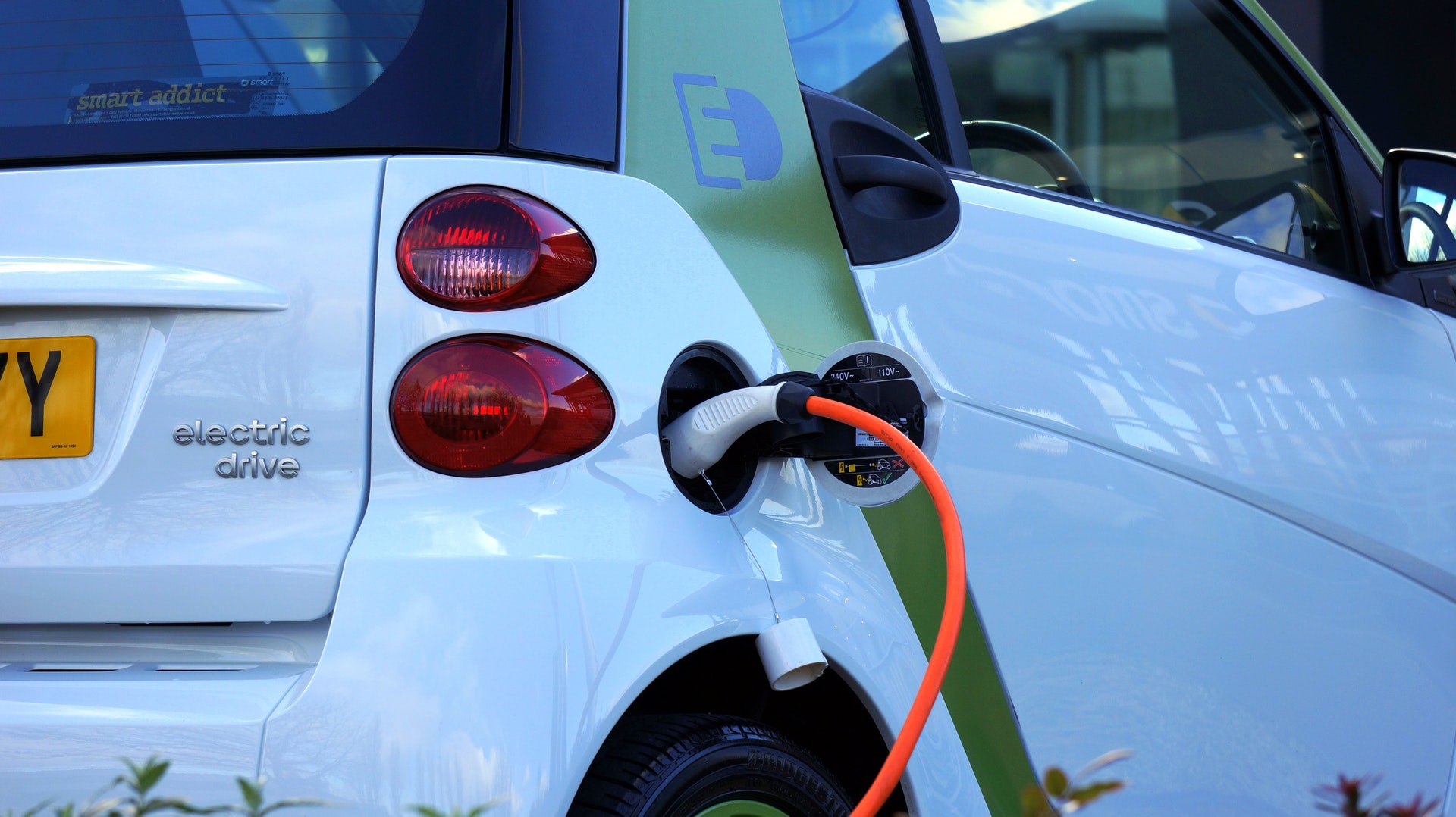Gov. Ned Lamont’s plan for Connecticut to participate in the Transportation and Climate Initiative is scheduled for a public hearing on March 8, but some Democratic lawmakers are already expressing doubts over raising gas prices to pay for electric cars and climate justice programs for cities.
Sen. Joan Hartley, D-Waterbury, said she was concerned that the initiatives funded by TCI would not have an impact on Connecticut’s transportation infrastructure during a Department of Transportation presentation to the Appropriations Committee on February 26.
“There’s nothing for infrastructure there. People want better roads, they don’t want construction on the roads, they don’t want to have to have the road shut down,” Hartley said. “You’re talking about clean transportation, I get it, but what about infrastructure?”
DOT Deputy Commissioner Garrett Eucalitto said infrastructure costs would be funded by Lamont’s other proposal to tax trucks based on their weight and mileage.
“TCI funds are a lot more localized projects – which can be infrastructure,” Eucalitto said, noting that some communities want intersections redesigned, new bus shelters and electric bus fleets to reduce emissions.
Hartley also noted that TCI’s impact on the environment “appears minimal” because only three states and Washington D.C. are participating.
Sen. Cathy Osten, D-Sprague, and co-chair of the Appropriations Committee also expressed hesitancy regarding both TCI and the governor’s mileage tax for trucks.
“I’m also not there on TCI. I don’t see the dollars being spent on transportation,” Osten said.
“If we’re going to do that, I’d like to see a bigger state involved relative to New York, relative to Pennsylvania, relative to the state that could make a real difference, instead of having us take that total response to this.” Osten said. “I’m not even certain it’s a climate initiative, quite frankly.”
The Transportation and Climate Initiative was meant to establish a regional cap-and-invest system for twelve states across the Northeast by requiring gasoline wholesalers to purchase carbon credits at auction but, to date, only three states and Washington D.C. have signed onto the program.
Lamont and DOT expect the program to raise between $87 and $117 million per year over the course of ten years, but, according Eucalitto “The utilization of those funds is intended to be clean transportation.”
According to TCI’s memorandum of understanding, 35 percent of the funds would “ensure that overburdened and underserved communities benefit equitably from clean transportation projects and programs,” and must have an Equity Advisory Body to oversee the programs and projects.
The remainder of the funds are expected to be used to fund public transportation such as buses and trains, as well as getting more electric vehicles on the road.
Osten raised her concern that more subsidies for electric cars would likely not benefit residents in Eastern Connecticut because electric cars tend to cost more and there is limited access to charging stations.
“Rural communities will be paying for most of this because Western Connecticut will be able to afford electric cars. Eastern Connecticut and our more rural areas, not necessarily,” Osten said.
In 2013, Connecticut joined another regional initiative to get more electric vehicles on the road. The Multi-State ZEV Task Force, made up of 10 states, set a goal of having 3.3 million zero emission vehicles on the road by 2025, with Connecticut committing to 125,000 to 150,000 vehicles.
Currently there are only 11,677 electric vehicle registrations in Connecticut, according to the CT DOT.
According to rebate statistics for zero emission vehicles in Connecticut, more affluent towns are the largest purchasers of zero emission vehicles. Connecticut provides rebates between $500 and $1,500 for the purchase of a zero-emission vehicle.
Westport residents received rebates totaling $321,500, Fairfield residents receiving $$281,250 and Guilford residents receiving $239,250.
Purchasers of the Tesla Model 3 accounted for the largest amount of rebates — $3.6 million. The Tesla Model 3 sale price starts at $36,990, but Connecticut residents must purchase them from out of state dealers.
“Poorer people will be paying both the higher gas prices and not see the benefit, so they tend to support the transportation system at a greater level,” Osten said, adding that she remains supportive of tolls because it spreads the cost to drivers from other states. “That’s not what I see in either of these two endeavors.”
**Meghan Portfolio contributed to this article**

